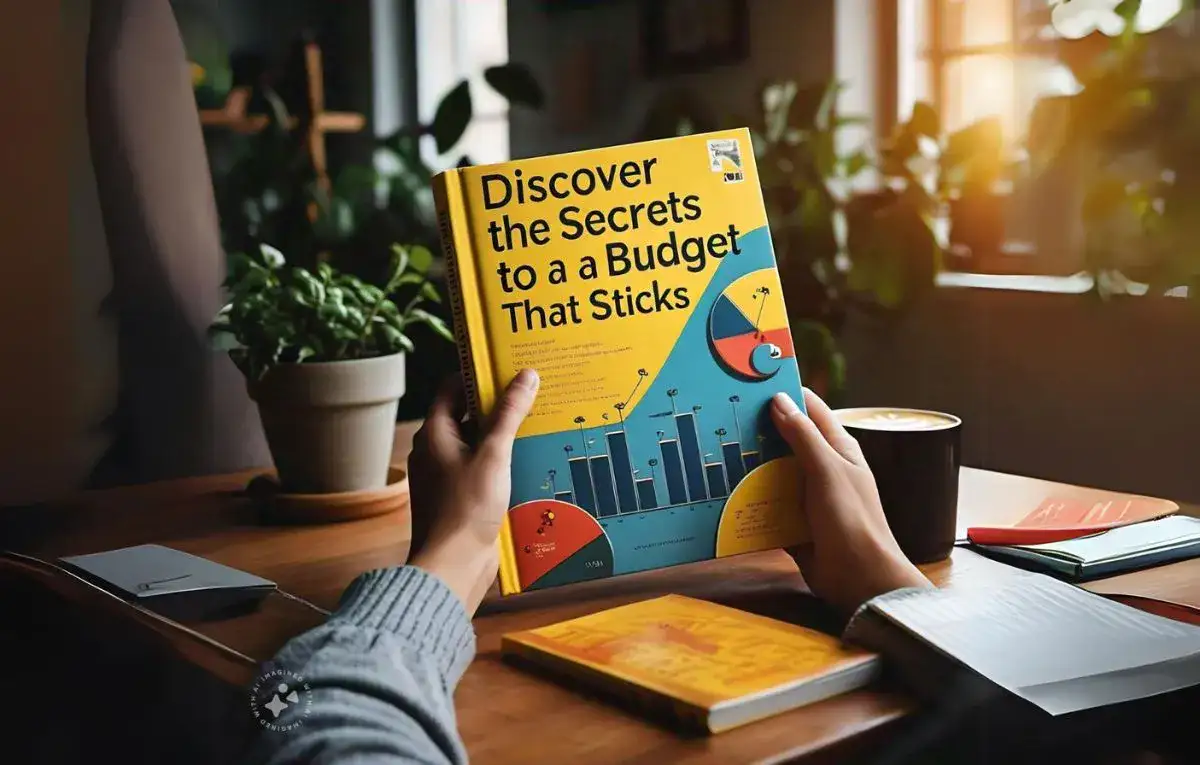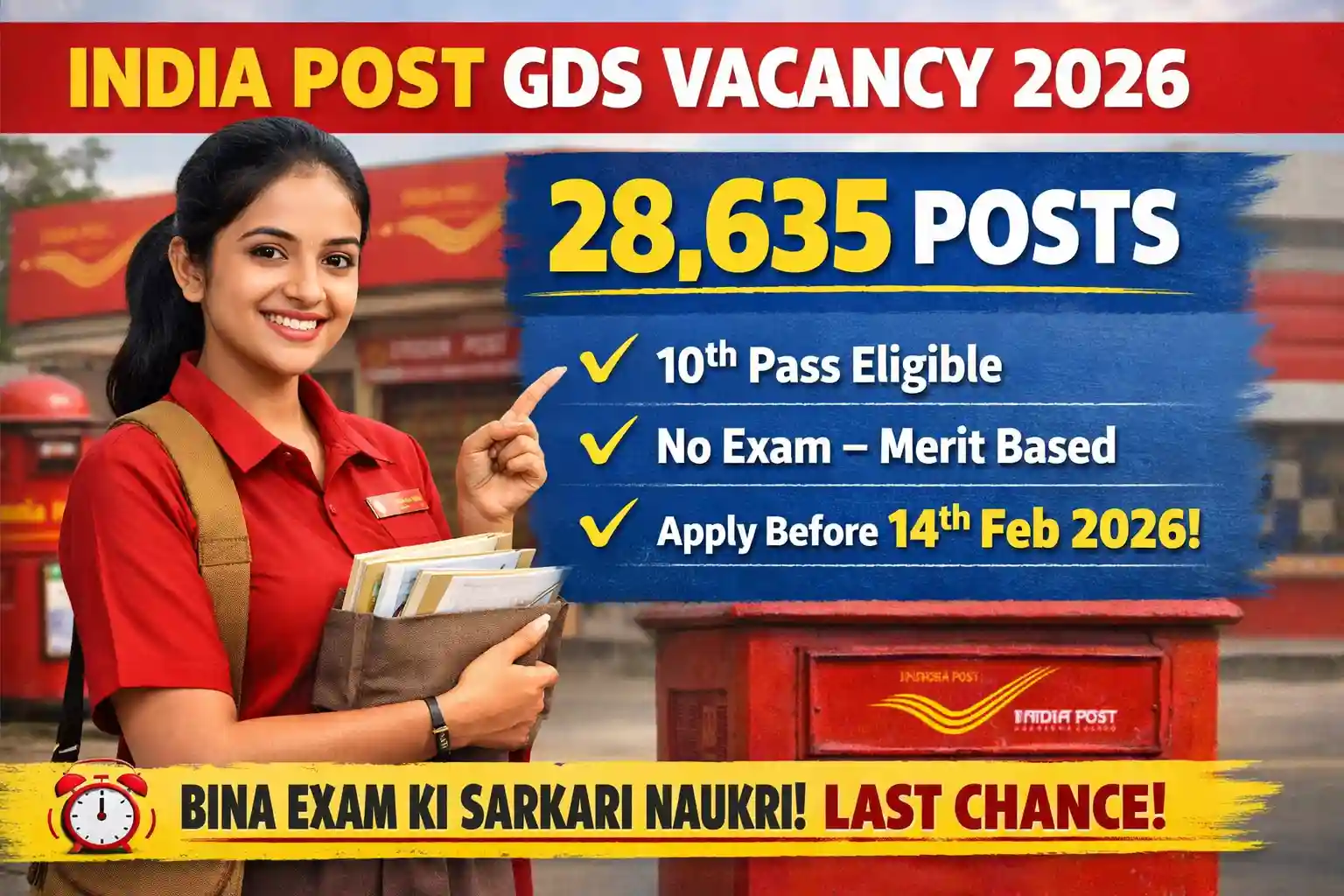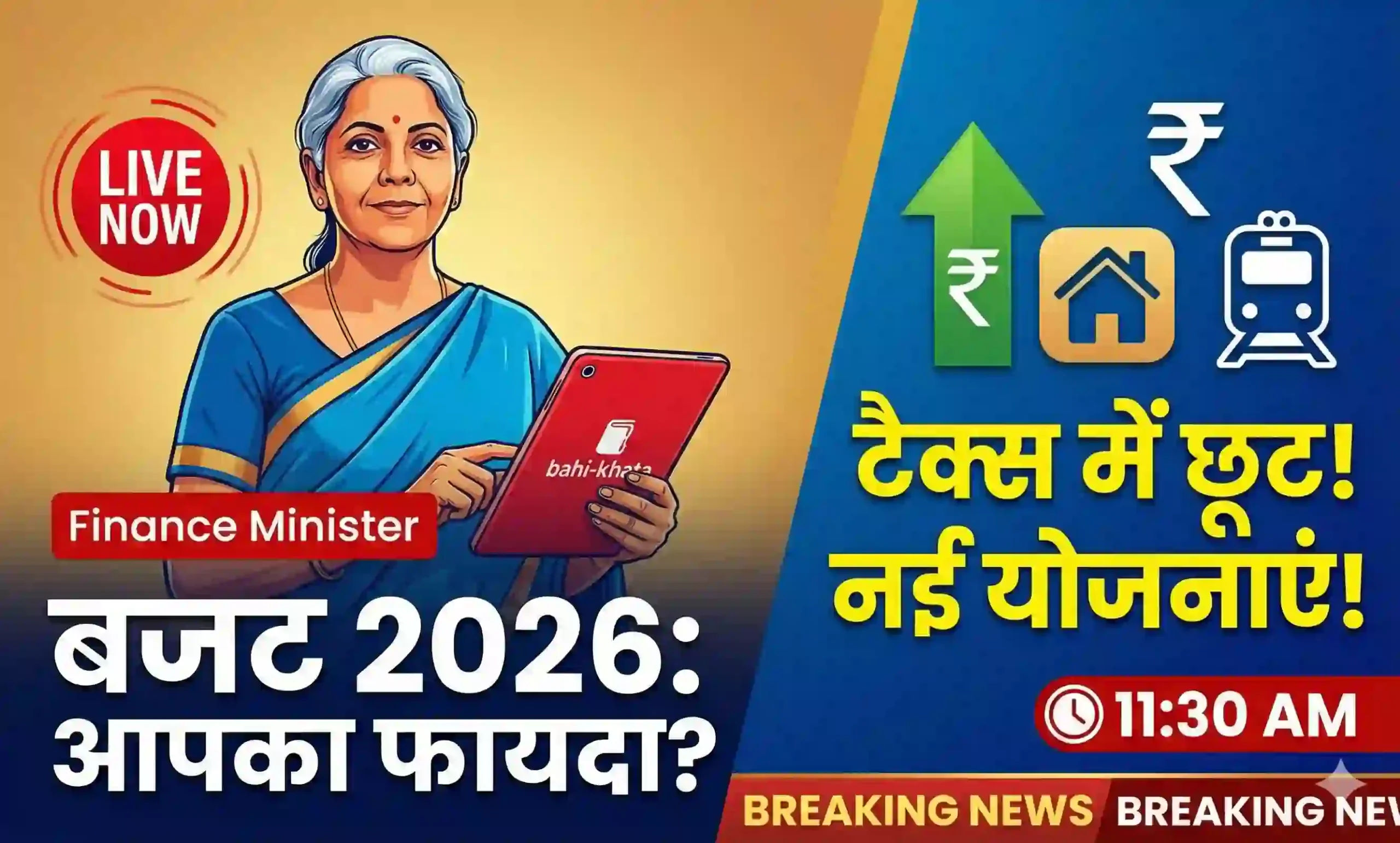|
Getting your Trinity Audio player ready... |
Budgeting has become increasingly critical in today’s changing trends and advancement of technologies, making financial management easy, personalized, and user-friendly. This guide is meant to walk you through the process of developing a functional budget that best suits your needs and financial goals by incorporating updated information on the newest tools, best practices, real-life examples, and forward-looking trends.
Key Trends and Technologies in Personal Finance
The face of personal finance is undergoing a sea change with digital advancement. Budgeting has never been easier than with these new innovations sweeping the world to shape the way we plan, track, and manage our finances:
1. Automated Budgeting Apps and AI-Driven Insights
Many budgeting tools, like Mint and YNAB (You Need a Budget), offer features like automated tracking, goal setting, and even AI-driven financial insights. These tools analyze spending patterns to help users forecast future expenses and adjust budgets in real-time. For example, YNAB applies the “zero-based budgeting” model, encouraging users to allocate every dollar toward a specific purpose to prevent overspending.
2. Expense-Tracking Integrations
Integration with banking and payment apps has made expense tracking seamless. Solutions like Plaid allow financial apps to link securely with users’ bank accounts, categorizing expenses automatically. This is especially beneficial for younger users who rely heavily on digital payments and want a real-time snapshot of their spending.
3. Digital Envelopes and Savings Buckets
Digital “envelopes” or “buckets,” seen in apps like Qapital, make it easier to allocate funds toward specific savings goals. The digital version of the traditional “cash envelope” method lets you earmark funds for vacation, debt repayment, or emergency funds without physically separating cash.
4. Rise of Crypto and Alternative Investments in Budgeting
The popularity of cryptocurrency and other alternative investments has introduced a new factor in personal finance. Budgeting tools increasingly allow users to track these assets, ensuring they stay on top of both traditional and modern financial goals.
Impact on Consumer Behavior
The adoption of technology in personal finance has encouraged consumers to make more data-driven decisions. In fact, surveys show that users of budgeting apps are more likely to avoid overdrafts, minimize unnecessary expenses, and save consistently.
Best Practices for Budgeting in 2024
To create a budget that truly works, it’s essential to adopt strategies that align with both your personal goals and the latest financial practices. Here’s how to build a strong foundation for your budget:
1. Define Clear Financial Goals
A successful budget is goal-driven. Define short-term and long-term goals, such as saving for retirement, a home, or even a vacation. By creating focused categories, your budget gains purpose, making it easier to stick to.
2. Use the 50/30/20 Rule for Beginners
For those new to budgeting, the 50/30/20 rule is an easy starting point:
- 50% of income goes to needs (rent, utilities, groceries).
- 30% to wants (dining out, entertainment).
- 20% to savings and debt repayment. This rule is adaptable; adjust percentages based on your specific needs.
3. Set Up Automated Transfers for Savings
Automation is a game-changer. Set up automatic transfers to your savings account or investment portfolio to ensure consistency. For example, if saving $100 monthly is your goal, automate it so that you don’t have to rely on memory or self-discipline.
4. Regularly Review and Adjust Your Budget
Finances change over time, so review your budget monthly or quarterly. Assess if there’s been any income fluctuation, lifestyle change, or spending habit adjustment. This review is especially relevant for freelancers or those with irregular income.
5. Address Common Challenges with Troubleshooting Tips
- Challenge: Overspending in certain categories.
- Solution: Cap spending with a weekly review or set alerts in budgeting apps.
- Challenge: Unexpected expenses disrupt the budget.
- Solution: Build an emergency fund to cover unexpected costs without derailing your plan.
Case Studies and Real-World Examples
Real-world success stories illustrate how smart budgeting can create financial stability and freedom. Here are a few examples of people and organizations that effectively adapted their budgets to reach goals:
Case Study 1: Emma’s Journey to Financial Independence
Emma, a young professional, used YNAB to track her spending and set savings goals. She used the app’s envelope system to allocate funds for everything from groceries to travel. With this method, she paid off $20,000 in student debt within two years while building a small emergency fund.
Case Study 2: Small Business Example
A small startup struggled to manage cash flow while scaling its business. By implementing QuickBooks budgeting tools and categorizing monthly expenses, they were able to reduce costs by 15% within six months. This allowed them to invest more in marketing, leading to a 20% increase in revenue.
Case Study 3: Couples Budgeting Success
Chris and Dana, a couple managing their finances together, leveraged Personal Capital for joint financial planning. By synchronizing their accounts, they could see a consolidated view of their finances and plan for shared goals, such as buying a home. Within three years, they saved enough for a down payment without compromising their lifestyle.
Future Predictions: What’s Next in Budgeting and Personal Finance
As technology advances, budgeting will continue to evolve, bringing new tools and practices. Here are a few trends we can expect in the coming years:
1. Increased Use of AI for Personalized Budgeting
With the rise of AI, budgeting tools will become even more tailored. Machine learning algorithms can analyze user data to suggest personalized budget tweaks, helping users optimize their spending habits without manual adjustments.
2. Gamification of Budgeting Apps
Expect more apps to implement gamification, such as rewarding users for meeting savings goals or sticking to budgets. This can be particularly motivating for younger users who are accustomed to gamified experiences in other areas of life.
3. Integration with Smart Home Devices
The future might see budgets directly integrated with smart home devices. Imagine your refrigerator tracking grocery spending or your thermostat giving energy-saving tips directly connected to your budget tracker.
4. More Advanced Cryptocurrency Budgeting Features
With crypto becoming a mainstream asset, budgeting tools will soon allow better tracking, forecasting, and tax calculation for these digital assets, integrating them more seamlessly with traditional assets.
Creating a budget that works involves using the right tools, adopting best practices, and keeping an eye on future trends. With clear goals, consistency, and a bit of automation, you can set up a budget that not only works but grows with you.
Are you ready to take control of your finances? Start by defining your goals, choosing a budgeting tool, and committing to a regular review process. For more tips, subscribe to our blog, leave a comment below, or let us know what budgeting methods work best for you!
FAQ
- How do I create a budget if I’m a beginner?
Start with the 50/30/20 rule, and use a budgeting app to track spending categories. - What’s the best way to stick to a budget?
Automate savings, regularly review your budget, and adjust it as needed. - How can I manage unexpected expenses in my budget?
Build an emergency fund to handle surprises without disrupting your primary budget.









